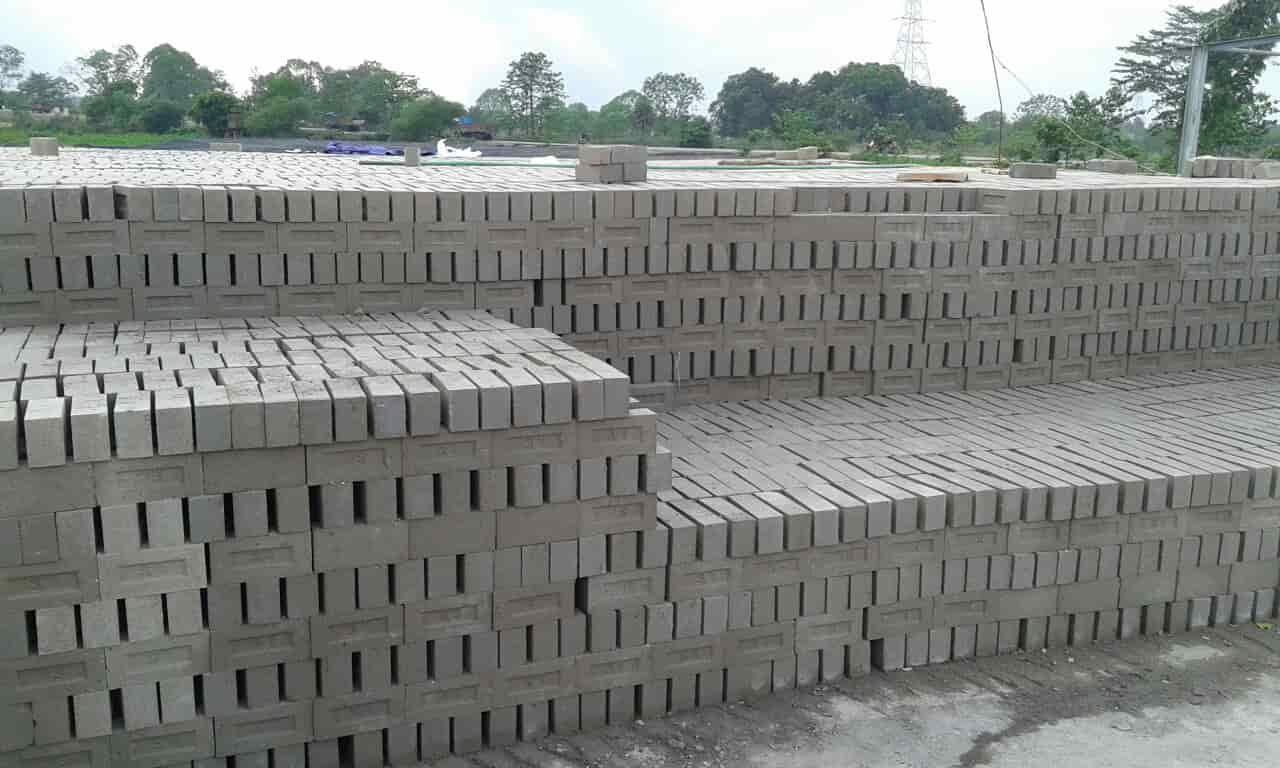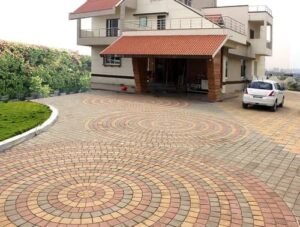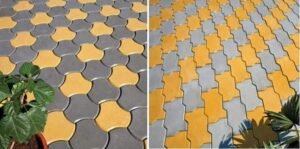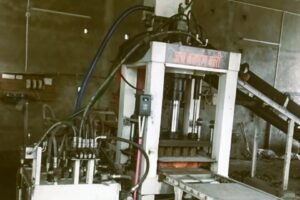In recent years, there has been a growing demand for sustainable building materials in India. One such material that has gained popularity is fly ash bricks. Fly ash bricks are an Eco-friendly alternative to traditional clay bricks and are made using fly ash, a byproduct of coal-fired power plants. In this article, we will explore the benefits and advantages of using fly ash bricks in India.
What are Fly Ash Bricks?
Fly ash bricks are made by mixing fly ash, cement, sand, and water. Fly ash is a fine powder that is obtained by burning pulverized coal in thermal power plants. It is a byproduct of coal combustion and is usually disposed of in landfills or ash ponds. However, by using fly ash in the production of bricks, it can be recycled and reused, reducing the amount of waste generated by power plants.
Benefits of Fly Ash Bricks:
Eco-Friendly: Fly ash bricks are considered to be an eco-friendly alternative to traditional clay bricks. By using fly ash in the production of bricks, it reduces the amount of waste generated by power plants. In addition, it also reduces the demand for clay, which is a non-renewable resource. This makes fly ash bricks a sustainable building material that has a lower environmental impact compared to traditional bricks.
Cost-Effective: Fly ash bricks are a cost-effective building material. The cost of production of fly ash bricks is lower compared to traditional clay bricks. This is because fly ash is a waste product that is readily available and does not require any additional processing. In addition, fly ash bricks are lighter in weight compared to traditional bricks, which reduces the transportation costs.
Durability: Fly ash bricks are known for their durability and strength. They have a higher compressive strength compared to traditional clay bricks. This makes them suitable for use in high-rise buildings and structures that require higher load-bearing capacity. Fly ash bricks also have a lower water absorption rate, which makes them less prone to damage from moisture.
Thermal Insulation: Fly ash bricks have excellent thermal insulation properties. They have a lower thermal conductivity compared to traditional clay bricks. This means that they can keep the interior of a building cooler in hot weather and warmer in cold weather. This can help reduce the energy consumption of a building and lower the cost of air conditioning/heating.
Fly Ash Bricks in India:
India is one of the largest producers of coal in the world, and as a result, it is also one of the largest producers of fly ash. The Indian government has recognized the potential of fly ash as a sustainable building material and has taken steps to promote its use in the construction industry.
Government Initiatives:
The Indian government has launched several initiatives to promote the use of fly ash bricks in the construction industry. One such initiative is the Fly Ash Mission, which was launched in 2009. The mission aims to increase the utilization of fly ash in the construction industry and reduce the amount of fly ash that is disposed of in landfills.
In addition, the government has also provided incentives to promote the use of fly ash bricks. These incentives include tax exemptions, subsidies, and grants. This has encouraged more builders and developers to use fly ash bricks in their projects.
Growing Demand:
There has been a growing demand for fly ash bricks in India in recent years. This is due to the increasing awareness about sustainable building materials and the benefits of using fly ash bricks. In addition, the cost-effectiveness of fly ash bricks has also made them a popular choice among builders and developers.
Conclusion:
Fly ash bricks are a sustainable, cost-effective, and durable alternative to traditional clay bricks. They have excellent thermal insulation properties and are suitable for use in high-rise buildings and structures that require higher load-bearing capacity. The Indian government has recognized the potential of fly ash as a sustainable building material and has launched several initiatives to promote its use in the construction industry. With the growing demand for sustainable building materials in India, fly ash bricks are likely to become an increasingly popular choice among builders and developers.




